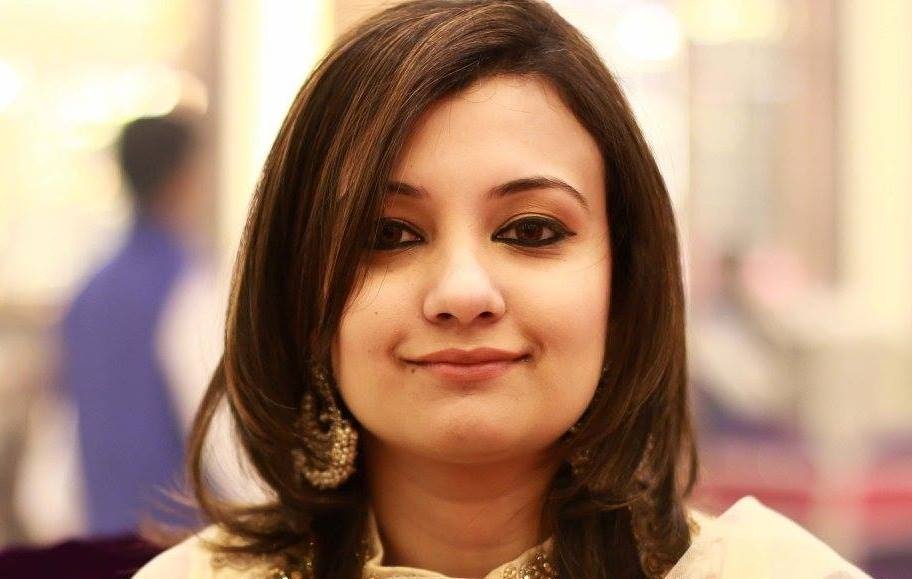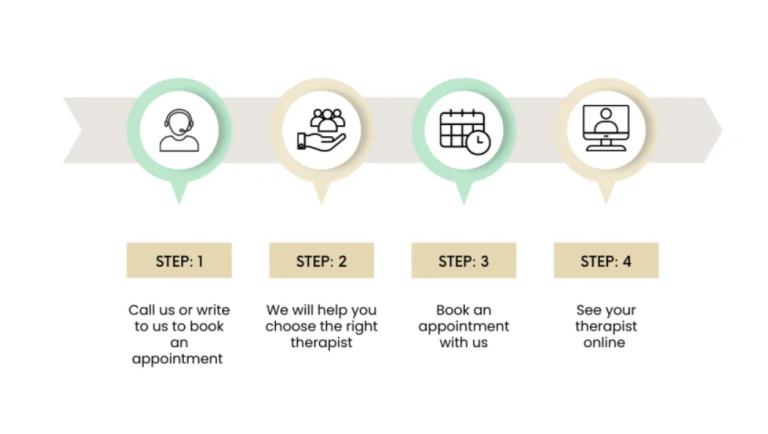
Therapy For Eating Disorders
Taking Therapy for Eating Disorders provides a safe space to explore your feelings, develop healthy coping mechanisms, and build a healthier relationship with food and your body. Addressing your eating disorder through counseling can make you feel empowered and whole again.
35000
Sessions
22+
YEARS EXPERIENCE
500000+
LIVES IMPACTED
Seeking Counseling For Eating Disorders
Counseling or Therapy for Eating Disorders is structured to help you recover from the unhelpful thoughts, feelings, and behaviours related to eating, the way you look, and your self-esteem.It’s true, eating disorders can bring with it a lot of difficult emotions, like shame and guilt. However, a therapist trained in treating eating disorders can support and create space for these challenging emotions within you in a safe, non-judgmental, and compassionate environment.
What Are Eating Disorders?
Eating disorders are a serious mental health condition that impacts your eating babits, your thoughts, and your emotions around food. It’s important to understand that struggling with your relationship with food isn’t about being “picky” or simply eating more or less than others. It can be a sign of a deeper issue, that requires professional support- like therapy.
Eating disorders can make it a hassle for you to enjoy a meal, or even go about a day without overthinking or feeling ashamed around food. It’s normal for everyone to have complicated feelings about food sometimes, but when you are struggling with an eating disorder, your relationship with food makes it difficult for you to function on a daily basis.
Food nourishes our bodies and fuels our lives, just like breathing, drinking water, and sleep. When an eating disorder gets in the way, it can create intense stress, anxiety, and even depression around something as essential as eating.
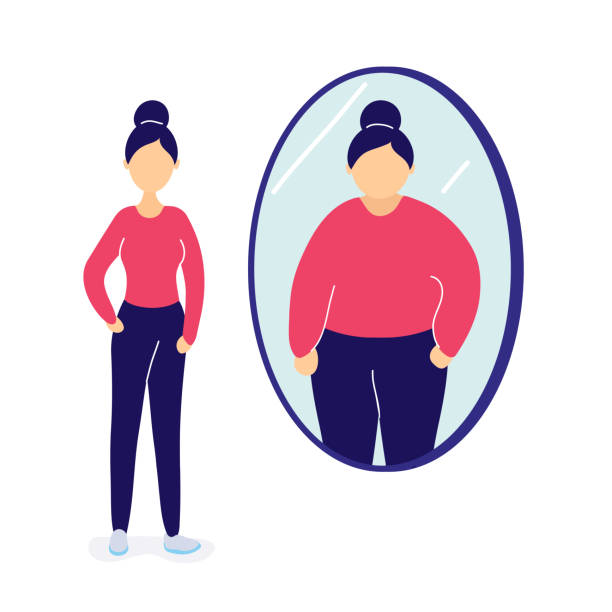
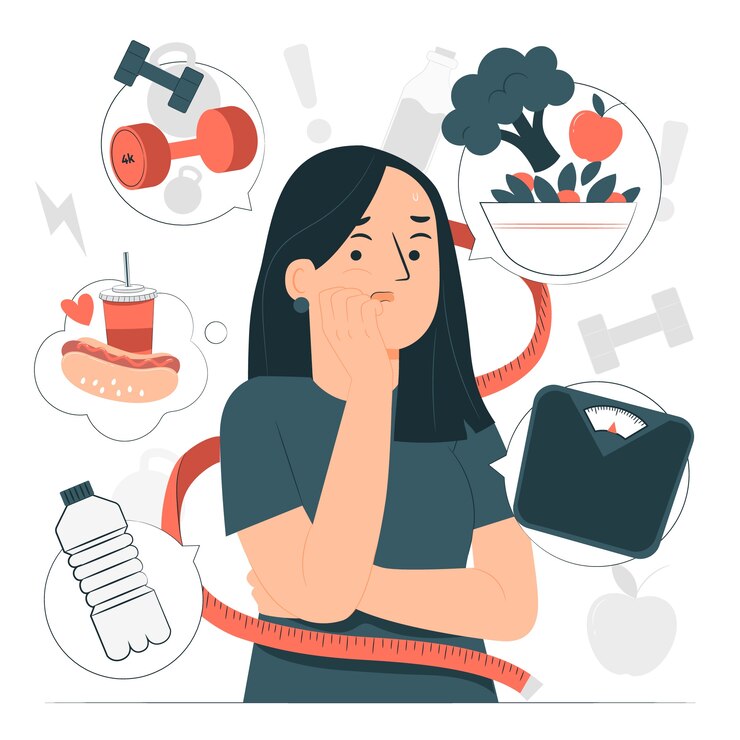
How Therapy For Eating Disorders Helps In Your Recovery
Here are some benefits of counseling to recover from eating disorders:
- Through therapy, you get to uncover the deeper emotions and experiences that might have caused disordered eating.
- You are much more than the number you see on the weighing scale, or the reflection you see in the mirror. A therapist helps you understand the strengths, unique traits, and discover your inner beauty that goes beyond skin deep.
- Eating disorders often arise as a means to manage stress. Through therapy, you are making space and learning coping methods to process uncomfortable feelings instead of pushing them away.
- Working with a therapist can help you create a realistic, healthy plan to restore health. Instead of focusing on attaining a number, or perfection, therapists help you create a plan that restores health and nourishes your mind and body.
- With the help of therapy, you learn to look at food as a way to keep you healthy and fulfilled, instead of viewing it as a means to look a certain way.
When To Seek Counseling For An Eating Disorder
Due to its nature, an eating disorder can often fly under the radar, and may often be looked at as just an “unhealthy” habit. But, it is important to know that eating disorders are much more than that. They can have a negative impact on both your physical and mental wellbeing.
But, the best part is, it’s never too late to seek help. And, there are many ways to know if you are struggling with an eating disorder. If you notice any of these signs, always know that professional support, like therapy to treat eating disorders, are available.
Here are some signs to look for in an eating disorder. While this is not a checklist of every sign of an eating disorder, this is a starting point. If you resonate with most of these signs, it can be a indication to seek counseling and support from your loved ones.
How Eating Disorders Affect Your Thoughts & Emotions:
- Being preoccupied with food, weight, calories, and having a “perfect” body.
- Feeling scared to gain weight.
- Having a constant, negative, inner-critic that criticises how you look.
- Looking down on yourself, not liking how you look most of the time.
- Feeling stressed and anxious around food, feeling upset thinking about eating and when its time to eat.
How Eating Disorders Affect Your Food & Eating Habits:
- Avoiding and skipping meals, or eating very less than usual
- Eating large amounts of food and feeling bad afterwards
- Rapidly gaining or losing weight, without any explanation
- Using purging (vomiting,) laxatives to lose weight
- Having specific rules and rituals around food and eating
- Spending a lot of time checking labels of food, feeling worried about food content and the calories on food
How Eating Disorders Affect Your Physical Health:
- Feeling tired and sluggish most of the time
- Having troubles with sleep
- Having dry and brittle hair and nails that easily chip and break
- (If you are a female,) losing or missing your regular periods
- Having dental troubles, like teeth and gum issues
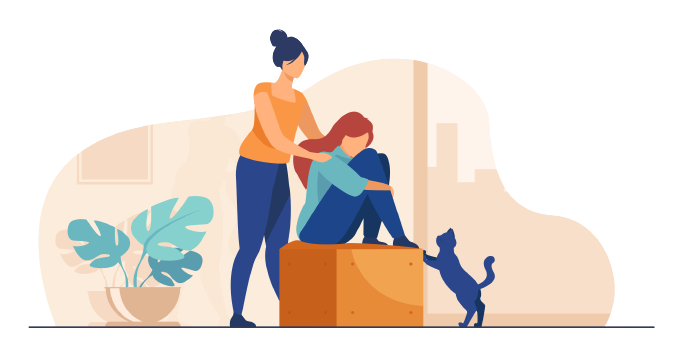
Therapy for Eating Disorders is very beneficial
Counseling can be a great tool for you to manage and overcome the symptoms of eating disorders.
We are here for you.
What Causes Eating Disorders?
Eating disorders (EDs) stem from complex underlying causes, such as, genetics, brain chemistry, and personal struggles like depression or low self-esteem. Environment also plays a role, with societal pressures, bullying, and even trauma contributing to them. Some other causes behind EDs are:
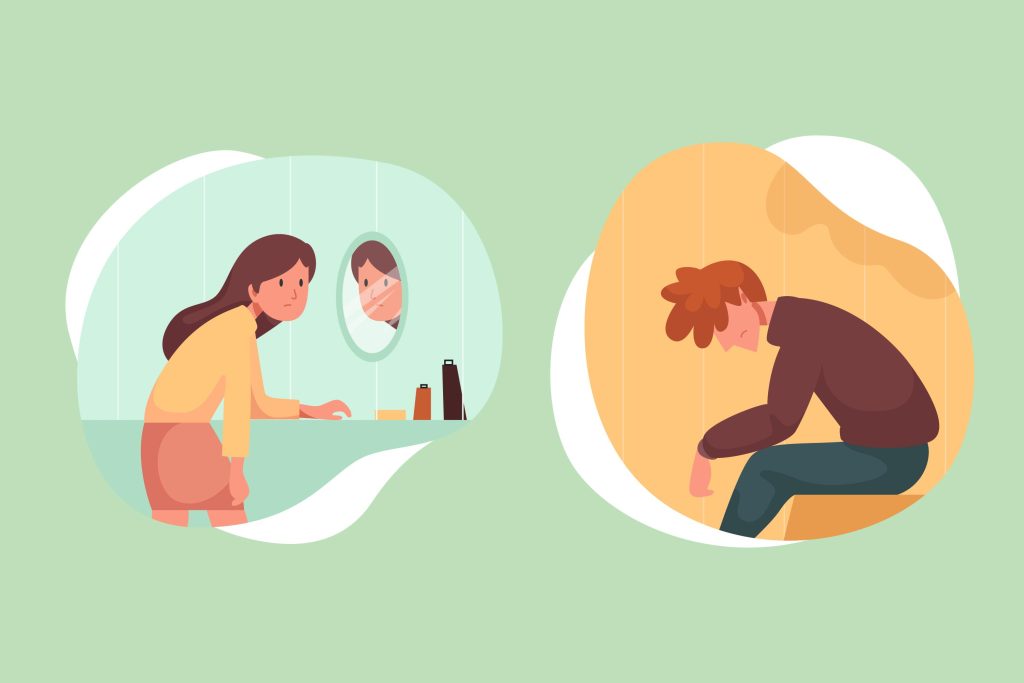
- To gain a false sense of control over life: Sometimes, life throws curveballs. And food can be the only thing that brings a sense of control. During a breakup, feelings of rejection, loneliness, sadness, or anger can come up. These are big, painful emotions. In such instances, comfort may arrive as a tub of ice cream, numbing the pain for sometime. But, the body may want to keep going back using food as a way to not deal with those uncomfortable emotions, causing a cycle of comfort eating.
- To punish yourself: Like, cutting down calories, or taking on crash diets, because you feel like “you have been bad” with food. Then, restricting yourself from eating becomes a way to punish yourself to be “good.” Thus, it becomes another way that eating disorders can keep you trap of shame and guilt.
- A “black or white” perception towards food: Some foods are bad, some foods are good- creating a sense of guilt when you don’t eat “good foods.”
Ultimately, EDs reflect a troubled relationship with eating. It is not just about what you eat, it is about how food makes you feel. All eating disorders served a purpose once, but the body keeps going back to this tendency to feel better. Seeking help offers an opportunity to break free from this loop.
Types Of Eating Disorders
Here are 5 common types of eating disorders or EDs:
- Anorexia Nervosa: This involves restriction of food to a great extent, using laxatives, excessive exercise, losing weight rapidly and excessively, and purging (vomiting) to get food out.
- Bulimia Nervosa: Symptoms of bulimia include a cycle of binging and purging- which means eating large amounts of food and then attempting to get rid of it through vomiting, laxatives, or lots of exercise.
- Avoidant Restrictive Food Intake Disorder (ARFID): ARFID can cause you to avoid food due to dislike or aversion towards certain textures, tastes, smell or appearance of food. If you’re struggling with ARFID, you may be called a “picky eater,” you may lose weight, and interest in food and eating.
- Binge Eating: In Binge eating, food is used to bring comfort by eating copious amounts of it. But this tendency later causes guilt and shame.
- Orthorexia: Orthorexia refers to the obsession with “clean eating.” It is a relatively new form of eating disorder that makes you constantly judge yourself to eat healthy always. This causes an inner-struggle to reach an unattainable standard of perfection through food.
Recovering From An Eating Disorder: A Few Self-Help Tips
1. Mindful Eating: Mindful eating is a practice to increase your awareness around the process of eating. When you have a tendency to engage in disordered eating, bringing awareness to it helps you understand your patterns, creating an opportunity to heal your relationship with food. When you are “mindfully” eating, you engage all of your senses- like:
- Looking at the food (vision)- What are the colours, ingredients, you see on your plate?
- Touching and feeling the food (touch) Try to feel the various textures in your meal
- Smelling the food (smell) What does your meal smell like? Do you notice any smell that feels pleasant or unpleasant?
- Tasting the food (taste) What does your meal taste like? What flavours are you able to notice?
Apart from helping you to enjoy your food on a much deeper level, mindful eating helps you slow down and appreciate food as a means of enjoyment, not a punishment.
2. Stress and Emotional Regulation Practices: Breathing exercises, mild exercise, meditation, noticing your emotions, journaling, are effective ways to create space for emotions. Adopting newer ways to manage stress signals your brain to adopt and encourage healthier coping mechanisms, instead of using food and other means to push away uncomfortable emotions.
3. Education: Learning more about eating disorders can improve awareness and empower you to view your struggles from a compassionate sense, and initiate recovery. You can seek the support of books, articles, support groups, and even your therapist to provide you with information and knowledge about this topic.
Feeling lost and overwhelmed with food and eating? Eating Disorders can make you feel misunderstood, judged, and ashamed, making it tough to reach out for the help you need. But remember, it is never too late to seek help.
Treating Eating Disorders through therapy can be a great source of support and awareness towards healing. A therapist is a patient, understanding guide who helps you build a positive relationship with yourself and eating.
Taking the first step towards recovery is a sign of confidence and self-love. Choosing therapy can help you free yourself from the shackles of your eating disorder.
Meet Our Therapists & Counselors and Book an Appointment
Our therapists are all trained psychologists qualified in helping people work through their difficulties. We work with individuals across different populations. We use an eclectic range of psychotherapies from solution oriented to insight oriented to holistic meditative approaches, depending on the need and comfort of the clients.
"What Our Clients Say about Our Online Counseling Services"
